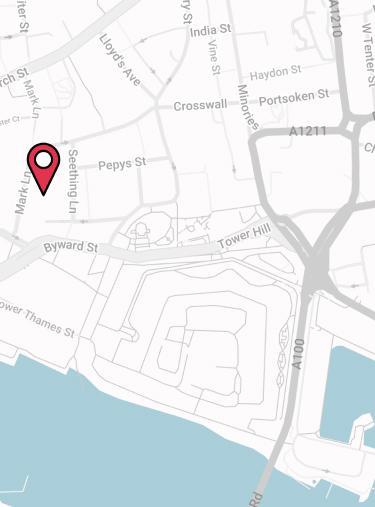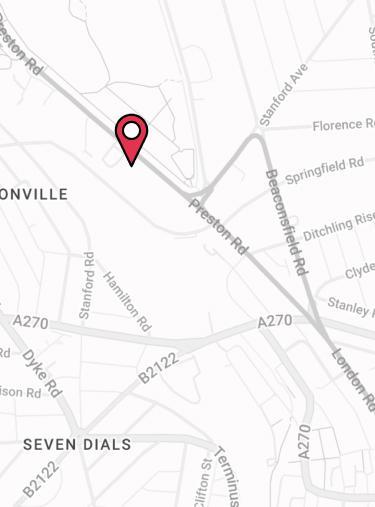
What is a Business Will and Do I Need One?
What happens to your shares of a business if you were to die or develop a serious illness? We often consider what will happen to our homes, bank accounts and even pensions after we’re gone, but less so about businesses.
Even if you don’t have a will, most people know what one is and the fact that its primary purpose is to distribute any property you own in the event of your death. However, it also allows an individual to legally specify other instructions which are less well known:
- Appointing a legal guardian for any children who are minors (classified as aged under 18) at the time of your death, including appointing guardians to manage any inheritance you leave your children
- Appointing those you wish to manage any specific part of your estate
- Specifying what you wish to happen to your property or possessions should your named beneficiaries die before you
- Designating any specific bequests such as charitable donations or family heirlooms
- Your specific funeral wishes.
If you were to die without having a valid will in place you are deemed to have died intestate and your assets will be distributed in line with the intestacy rules. This can cause all sorts of headaches, including unexpected inheritance tax bills from HMRC, all resulting from you not being able to have a proper say as to who gets what in the event of your death.
Do I Need a Business Will?
While the majority of our business owner clients are aware of the benefits of having an up to date will, very few are aware of the implications of not having a business will or indeed even what a business will actually is.
The sudden loss of a key shareholder can disrupt a company in many ways not just the financial impact that may result for the remaining shareholders and the deceased beneficiaries.
A business will — also known as a shareholder’s agreement or share protection arrangement — enables the surviving owners to purchase the deceased owner’s share of the business from the deceased’s estate.
In essence, a business will is designed to ensure that a company can continue to trade in the way that all the business owners / controlling shareholders would wish in the event of their death or serious illness.
For this to work effectively, you must ensure there’s a cross option agreement in place to facilitate the sale and repurchase of the deceased’s shares.
By ensuring both a business will and a cross option agreement are in place, this allows the surviving shareholders to retain control of the business and provides the deceased owner’s dependants with a willing buyer. They receive the monetary value of the shares rather than a stake in a business they may not have the commercial acumen to run.
Why Should I Get a Business Will?
The Articles of Association, Partnership or LLP agreement should stipulate what happens to the share of the business when one of the owners dies or becomes seriously ill. It is usual in these circumstances that the deceased’s beneficiaries will become entitled to their share of the business.
However, this often results in a double-edged sword as it leaves the remaining owners unable to raise the capital to buy out the beneficiaries who themselves have no experience of the business nor indeed do they wish to be part of it.
Raising Capital for a Buyback of a Deceased Shareholder’s Shares
While you can have all the paperwork sorted out to facilitate the smooth buyback of a deceased shareholder’s shares to allow the surviving shareholders to retain control of the business, raising the capital to do it is another matter.
It is unlikely that the surviving partners will have the available funds at the time and would need to raise external finance. This could become more difficult in the circumstances as the death of a key shareholder could have a detrimental effect on the business, making it more difficult to borrow capital.
This position could also devalue the company which would also result in the beneficiaries receiving less value than anticipated.
That’s why many of our clients turn to Shareholder Protection Insurance, a policy underwritten on the lives of key shareholders that pays out a lump sum on death. This provides the business / surviving shareholders with ready capital at hand to buy back the deceased’s shares.
This can help avoid those shares being bought by a competitor or third party if the family goes to the open market with those shares to realise their value because the company doesn’t have sufficient funds to repurchase said shares.
HMRC and Business Wills
Under current legislation, the share of the business may qualify for 100% Business Property Relief for Inheritance Tax purposes when they’re passed to beneficiaries.
However, if the share protection agreement includes a binding contract for sale, such as a buy and sell agreement, any applicable Business Property Relief will likely be lost.
A cross option agreement gives the surviving owners an option to buy the owner’s share of the business and the personal representatives of the deceased have a matching option to sell to the surviving owners, but neither is obliged until the other uses their option. This is not a binding contract for sale and therefore typically preserves Business Property Relief for the beneficiaries.
Ensuring both your personal will and Business wills are up to date structured properly will provide peace of mind that your assets will be directed as intended. It will also allow your beneficiaries to receive full and fair value of any business ownership in a tax-efficient manner and allow the business to continue thus protecting the surviving shareholders / partners and in turn their future beneficiaries.
Our Services & Tools
Who Are Drewberry?
Our purpose is simple: Improve your financial wellbeing. We use technology to bring your financial future to life and provide a visual plan of where you are today, where you want to go and what's necessary to achieve this.
📥 Financial Plan Brochure
Contact Us
125-135 Preston Road
Brighton
BN1 6AF
Cookies
Drewberry™ uses cookies to offer you the best experience online. By continuing to use our website you agree to the use of cookies including for ad personalization.
If you would like to know more about cookies and how to manage them please view our privacy & cookie policy.







